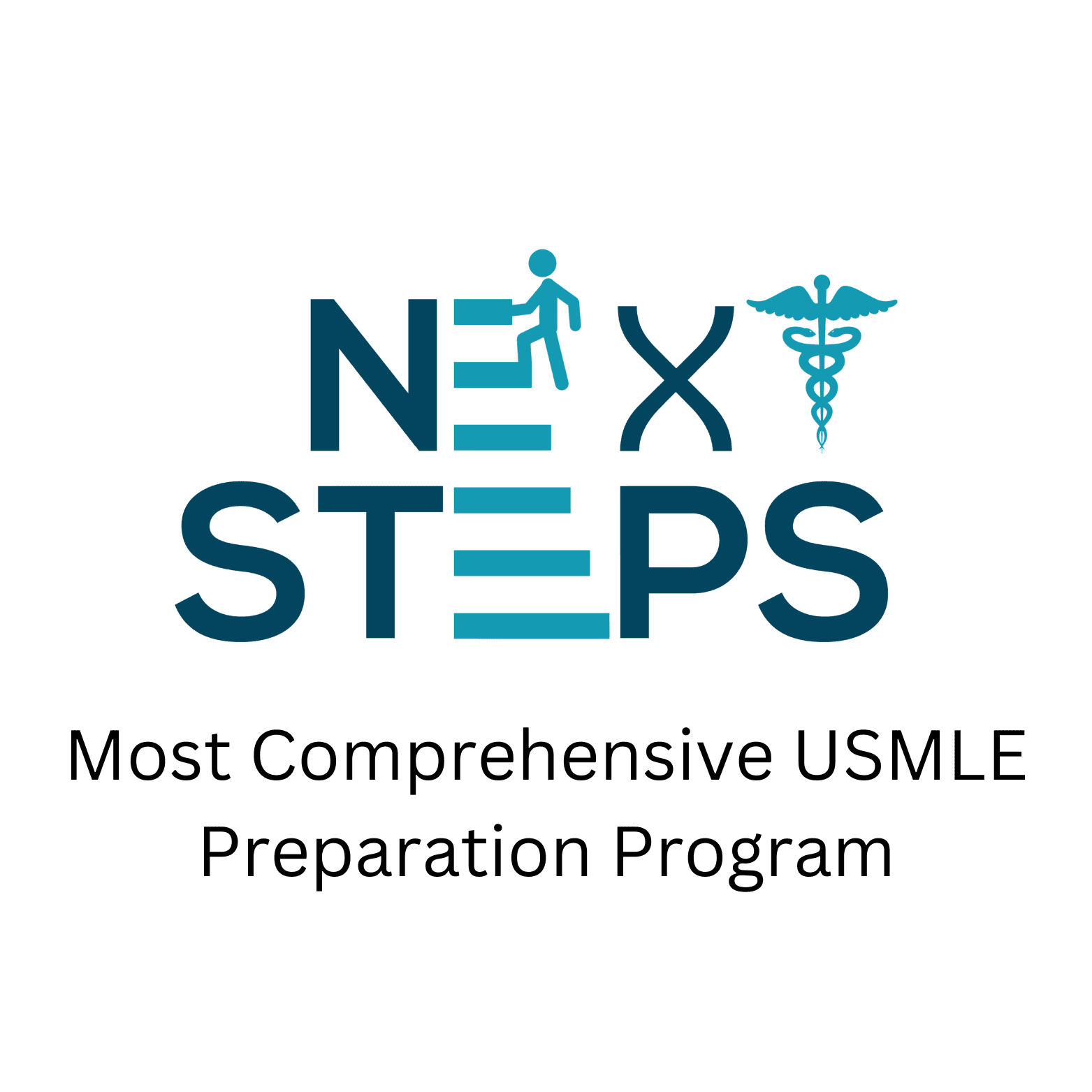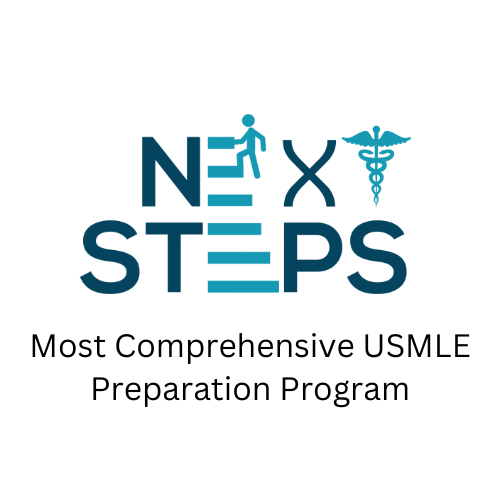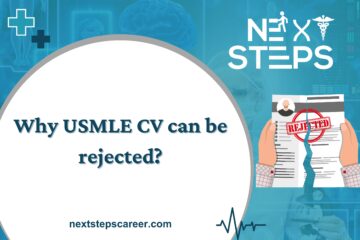Gaining research opportunities for USMLE CV during your MBBS is a great way to enhance your CV for the USMLE and residency applications. Research experience not only bolsters your application but also demonstrates your commitment to the field of medicine, critical thinking skills, and ability to contribute to scientific knowledge. Here’s a comprehensive guide on how to find research opportunities during your MBBS years.
1. Start Early
Begin Early in Your MBBS Program:
The earlier you start looking for research opportunities, the more time you will have to find the right project and gain substantial experience. Beginning in the first or second year of your MBBS can give you an edge, as it allows you to build a solid foundation in research before the pressure of clinical years sets in.
2. Utilize Your Network
Leverage Your Professors and Mentors:
Your professors, academic advisors, and mentors can be invaluable resources for finding research opportunities. They often have ongoing research projects and may be looking for enthusiastic students to assist them. Approach them with a clear expression of your interest in research and inquire about any available positions.
Engage with Senior Students:
Senior students who have already participated in research projects can provide guidance and may recommend you to their supervisors. They can also offer insights into their own experiences and suggest projects that align with your interests.
3. Explore Institutional Resources
Check University Research Programs:
Many medical colleges and universities have dedicated research programs or departments that coordinate student research activities. Visit your institution’s research office or website to learn about available opportunities, application procedures, and deadlines.
Attend Research Seminars and Workshops:
Participating in research seminars, workshops, and conferences organized by your institution can help you learn about ongoing projects and connect with faculty members who are leading research initiatives.
4. Join Student Research Societies
Participate in Research Clubs and Societies:
Many medical schools have student-run research clubs or societies that organize events, provide resources, and connect students with research mentors. Joining these groups can provide you with access to a network of like-minded peers and potential research opportunities.
5. Reach Out to Hospitals and Research Centers
Contact Hospitals and Research Institutions:
Teaching hospitals and research institutions affiliated with your medical school often conduct extensive research. Reach out to these institutions to inquire about potential opportunities to join ongoing projects as a research assistant.
Look for Summer Research Programs:
Many hospitals and research centers offer summer research programs specifically designed for medical students. These programs are a great way to gain intensive research experience in a short period. Examples include the NIH Summer Internship Program and similar initiatives.
6. Utilize Online Resources
Search Online Databases:
Websites like ResearchGate, PubMed, and university portals often list research projects and open positions. Use these databases to find projects that align with your interests and reach out to the principal investigators.
Apply for Research Internships:
There are several online platforms where research internships and volunteer opportunities are advertised. Websites like Internshala, LinkedIn, and even specific research institution websites can be useful.
7. Focus on Your Interests
Align Research with Your Interests:
Choose research projects that align with your medical interests and career goals. Whether it’s cardiology, neurology, or public health, finding a project in a field you are passionate about will keep you motivated and enhance your learning experience.
Be Open to Various Types of Research:
Don’t limit yourself to clinical research only. Basic science research, epidemiological studies, and public health research also provide valuable skills and knowledge that are highly regarded in the USMLE residency applications.
8. Demonstrate Commitment and Enthusiasm
Show Genuine Interest:
When approaching potential mentors or applying for research positions, demonstrate genuine interest and enthusiasm for the project. Highlight any relevant skills or coursework that make you a suitable candidate.
Be Persistent:
Securing a research position can be competitive. Don’t be discouraged by initial rejections. Keep looking for opportunities and continue to reach out to potential mentors and institutions.
9. Document Your Experience
Maintain a Research Portfolio:
Keep detailed records of your research activities, including your role in the project, methodologies used, and any publications or presentations resulting from your work. This documentation will be invaluable when updating your CV for USMLE applications.
Seek Publication Opportunities:
Aim to publish your research findings in reputable medical journals or present them at conferences. Publications and presentations are significant accomplishments that can greatly enhance your CV.
Conclusion
Finding research opportunities for USMLE CV during your MBBS requires a proactive approach, networking, and utilizing available resources effectively. Start early, seek guidance from mentors, explore institutional resources, and be open to various types of research. Demonstrating commitment and enthusiasm for research will not only enrich your medical education but also significantly strengthen your USMLE CV, making you a more competitive candidate for residency programs. Good luck on your journey to securing valuable research experience!




